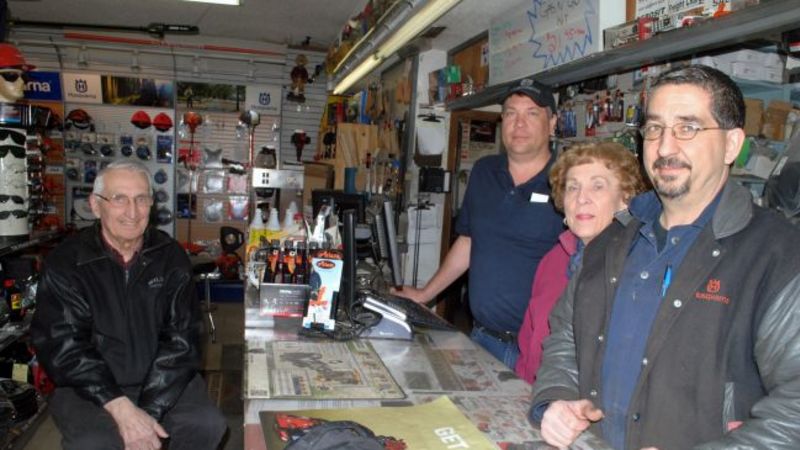Relatives demand answers after Venezuela jail fire kills 68
VALENCIA, Venezuela — It wasn’t long after Daniel Marquez’s family showed up at the Venezuelan police station jail where he’d been locked up for nearly a year awaiting trial when black smoke began billowing from the building.
Guards ordered them to flee, forcing them and other inmate relatives to watch in horror from afar as the flames quickly grew.
One day later, Marquez’s family took his blackened remains home in a simple wooden coffin, their despair as wide as the questions surrounding the blaze Wednesday that killed 68 people in one of Venezuela’s worst jail fires.
“He didn’t deserve to die like this,” Sorangel Gutierrez, Marquez’s sister-in-law, said as relatives wept before the casket of the 28-year-old father of two. His relatives say he was jailed because he couldn’t pay a bribe to an officer who found a photo of an illegal weapon on his cellphone.


